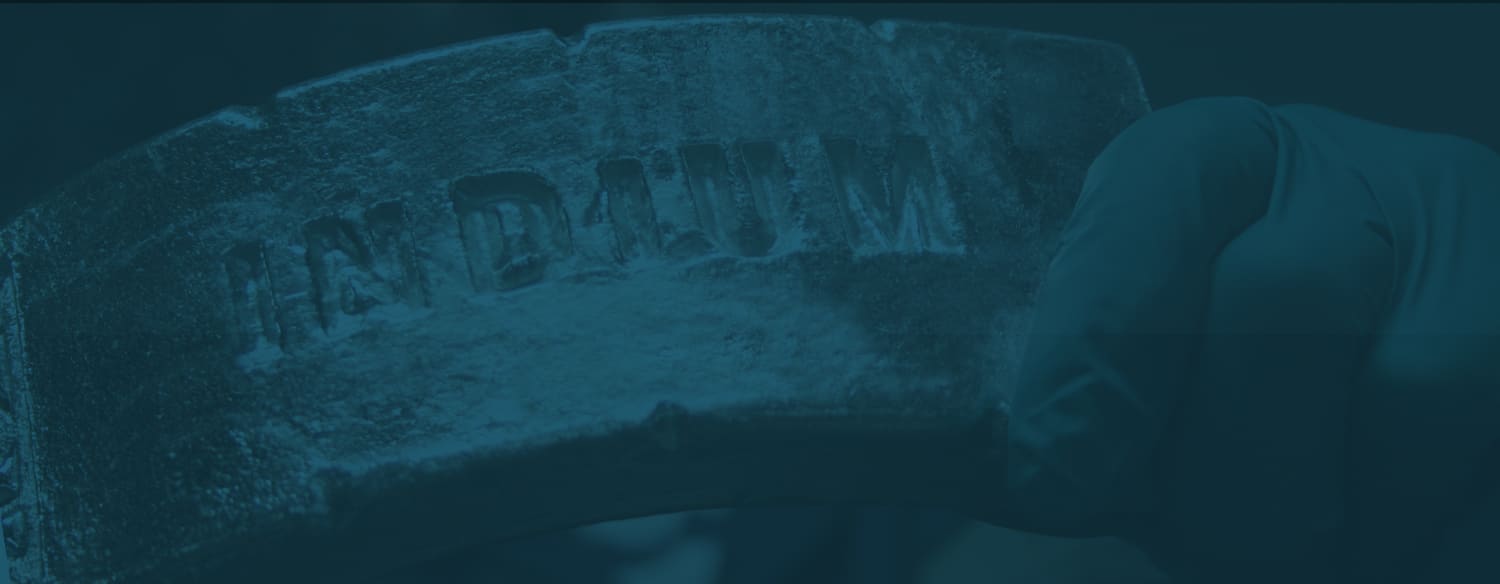Indium Corporation’s newest Global Accounts technical service engineer, Tim Hults, recently earned his SMTA Process Certification. Indium Corporation now has 36 SMTA-Certified Engineers on staff and 2 of the 5 instructors are also Indium Corporation employees.
This certification is a globally-recognized program in which the applicant must pass a combined open and closed book exam focusing on the following curricula for SMT Processes:
- SMT Materials Component Placement
- SMT Components Reflow Soldering
- Stencil Printing
- Wave Soldering
- Dispensing Test and Inspection
- Line Balancing (downtime, line design)
According to the SMTA website, "The SMTA Certification program is unique, as it recognizes and certifies the entire SMT assembly process at an engineering level. The title earned by Certified SMT Process Engineers is CSMTPE.”
This certification is something I plan to earn by the end of the calendar year next year. According to the SMTA website, the program is a three-day offering consisting of a 1 five-day refresher workshop on topics in SMT Process or Six Sigma Green Belt. The program concludes on days two and three with an open and closed book examination. If you want to learn more about SMTA Certification click here.
I interviewed Tim about his experience.
ADAM: Why did you decide to pursue the certification?
TIM: It gives a person a little bit more clout when talking to customers. They see that you already have base knowledge; especially being my age, I don't have ten, fifteen years experience. But it proves that I know what I am doing.
Can you describe how your work history prepared you for earning this certification?
I was a manufacturing engineer for two and a half years at a contract manufacturer; I was directly in charge of 10 different customers. In that time I did a lot of process development and a lot of SMT work in general. After that, I worked for Koh Young for 2 years; I worked the lines, met a lot of engineers, and heard all about their problems. All of that prepared me for the SMTA test. There are a lot of niche things on the test that you are not really expecting, so it is a good idea to look at the study guide ahead of time because most people become very focused and it is not a very focused test. It is a very broad test.
Can you give some examples of what to expect during the three day course?
You can either take one and a half day test by itself or take the test with an additional one and a half days of training, in which you would go through the entire study guide with your instructor. He will go slightly in depth into all the topics but you really need to understand what you are doing when you arrive, otherwise you won't understand anything. The main focus of the training is on all the line balancing equations, stuff that you wouldn't do day-to-day but can save your company a lot of money.
How do you think this will help your career?
It will help my career especially at Indium because Indium acknowledges these sort of certifications and bettering yourself. But, as a whole, it will help me to give credibility to what I do. Every time I send an email to someone they can see at the bottom that I have proof of my knowledge and capabilities.
What preparations did you make for the test?
The only preparation I really did was to read through the study guide. This helped me to remember any lost knowledge that I might not have used in a while. I read through the entire book. And, anything I didn't recognize or didn't know...I Googled it.
What other certifications do you have and how was preparing for the SMTA Certification different from those?
I have one other industry certification, IPC-610. For that, there was less prep work. It is a simpler test that covers basic understanding and knowledge. Most of it is open book and pictures.
Can you give any advice to someone who is looking to gain SMTA certification?
Make sure you have a lot of knowledge of SMT before you take the test. It is not a cheap certification, so it makes sense to work the line for a while. In an OEM environment you should at least be there six to twelve months, and, in a contract manufacturing environment, you could potentially get away with less. Just because of the broad range of products you would be working on.
'Til Next Time,
Adam


